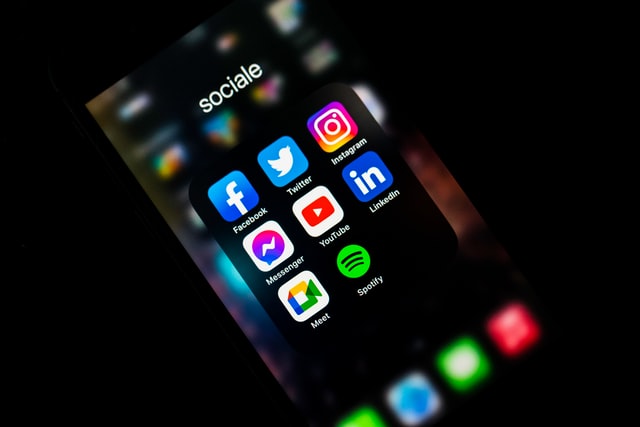
Sites such as Facebook, Twitter, Snapchat, LinkedIn, and Instagram attract millions of users daily. One of the problems with this, is that the vast number of users on these platforms attracts hackers.
Cybercriminals are using social media platforms more than ever, as they know they can be ripe for data break-ins and scams. Here’s what you can do to protect yourself and your details when you’re socially connecting online.
1. Set Up Decent Passwords
It is very important to use decent passwords for Facebook, Twitter, Snapchat, LinkedIn. Good passwords are at least eight characters long and contain a selection of numbers, upper-case and lower-case letters, and symbols.
Choose proper passwords for all of your other logins, too, such as your email account, shopping sites where you have accounts, your Wi-Fi service, security software programs, and even the computer itself.
Cybercriminals often find a way into one gadget or account that isn’t sufficiently password-protected, and from there, make their way into other areas. You need to be safe everywhere, then, not just on social media platforms.
2. Use Security Software
Download quality security software to keep your devices and data safe when performing tasks online, including hanging out on social media platforms.
Choose a comprehensive product designed for the computer type you use, such as antivirus for Mac devices. The software you select should protect you against many threats, including ransomware, spyware, spam, and other types of malware.
Furthermore, give yourself extra protection by using the firewall likely already preinstalled on your gadget. Most computers come with firewalls now, although you may need to activate this program in the device’s settings.
Firewalls are handy because they act as an additional layer of protection against cybercriminals, especially those who use the internet as a means of breaking in.
3. Keep Software Updated
Another way to keep hackers away when browsing social media platforms is using updated software. The reason for this is that hackers know that security gaps can open up in programs over time and get exploited.
Software developers find and plug these holes as soon as possible and release new versions of their programs once completed. However, if users don’t download the latest offerings, they’re left with software that’s vulnerable to attack.
Do yourself a favor and set up alerts so you find out as soon as new options become available. Enable programs to automatically update rather than waiting for you to download new editions, too. That way, there’s no time lag where you might run out-of-date options.
Install new software across multiple areas as needed, including browsers, operating systems, apps, security software, firewalls, plugins, games, and more.
4. Be Aware of How Hackers Try to Scam Users
Also, stay up to date on the ways hackers try to scam users on social media sites. For example, phishing is a popular tactic. This strategy involves people creating deceptive yet real-looking content on platforms that tricks consumers.
Cybercriminals set up “clickbait” headlines and articles that grab attention and appear as sensational and exciting as possible. However, if people click on these links thinking they’ll learn a salacious bit of gossip, they’ll end up becoming the victim of a cyberattack instead.
Hackers are also known to hack into third-party applications that people use for social media sites. They break into these apps and from there get into consumer’s social media accounts and beyond.
Plus, cybercriminals regularly hack other people’s profiles and clone real accounts to cause trouble and steal data.
So don’t accept friend requests or other communications from unknown people on social media platforms. You may, in fact, be letting a hacker get closer to you instead of someone you know. Always verify connections before accepting them.
5. Think Before You Post Information Publicly
To protect yourself online, think before you post updates or make comments on social media sites. You should not give details to cybercriminals to guess your passwords or otherwise break into your accounts.
Public information is there for anyone to see, including hackers, so don’t share any information related to your passwords, email address, or other login details.
Social media has many benefits, but it also has downsides, one of which is the genuine threat of becoming a target for a cyberattack. Follow the tips above to stay safer and protect your sensitive details from prying eyes.
